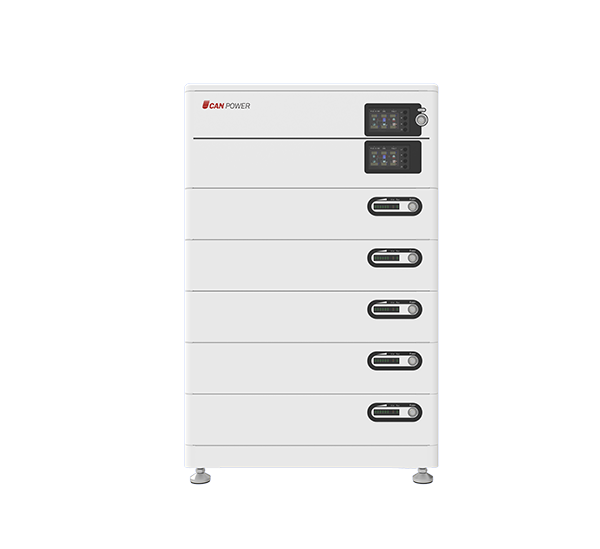With the popularization of renewable energy and the rise of smart home concepts, residential energy storage batteries have become an indispensable part of modern households. This type of battery can not only store renewable energy such as solar energy, but also provide backup power during power outages or peak hours, greatly improving the flexibility and economy of household energy use.
The main advantages of residential energy storage batteries are their high efficiency and long lifespan. By adopting advanced lithium-ion battery technology, these batteries can maintain stable performance in multiple charge and discharge cycles. At the same time, an intelligent battery management system (BMS) can monitor the battery status in real-time, ensuring that it operates within a safe range and preventing overcharging, overdischarging, and overheating.

In addition, residential energy storage batteries also have environmentally friendly characteristics. They are usually made of recyclable materials and do not produce harmful substances during use, with minimal impact on the environment. Combining the use of renewable energy such as solar energy can significantly reduce household carbon footprint and help achieve green living goals.
When choosing residential energy storage batteries, users can also customize them according to their own needs and budget. From small capacity to large capacity, from single battery to multi battery combination, various options meet the diverse needs of different households.
